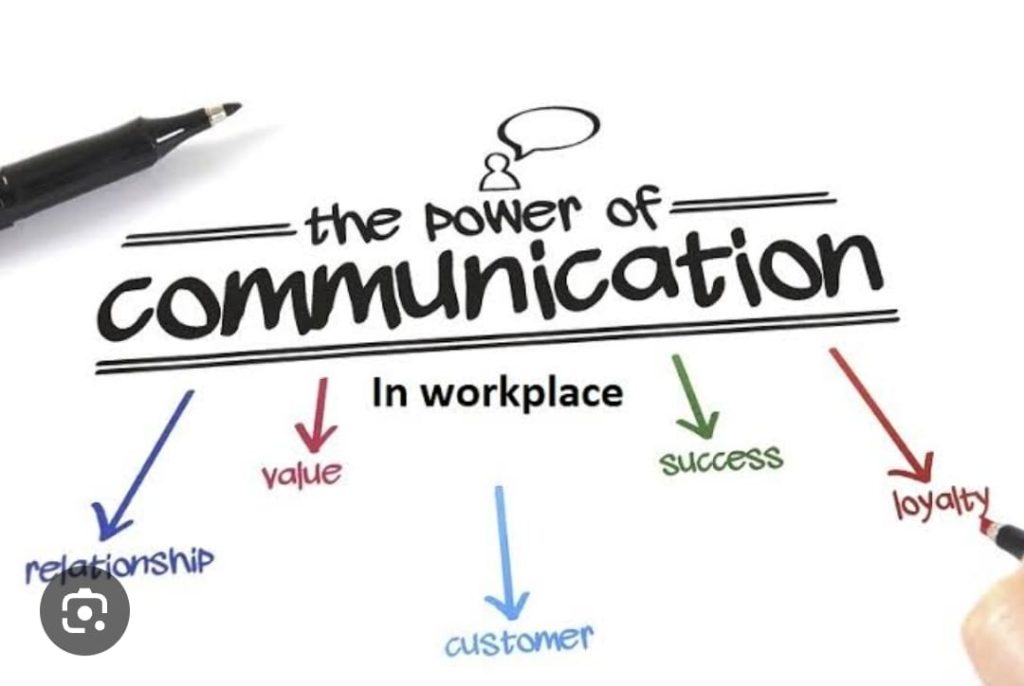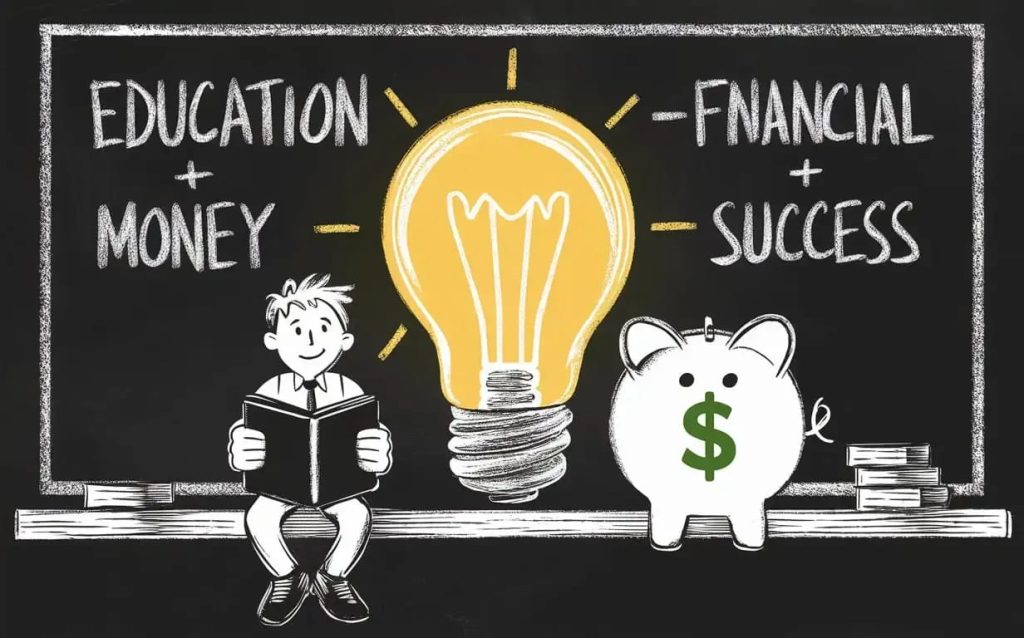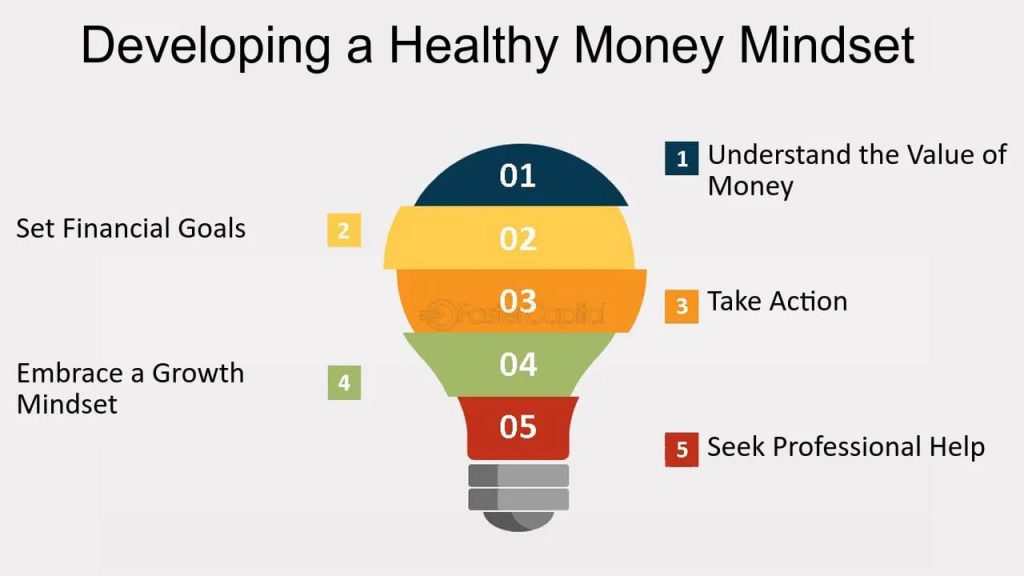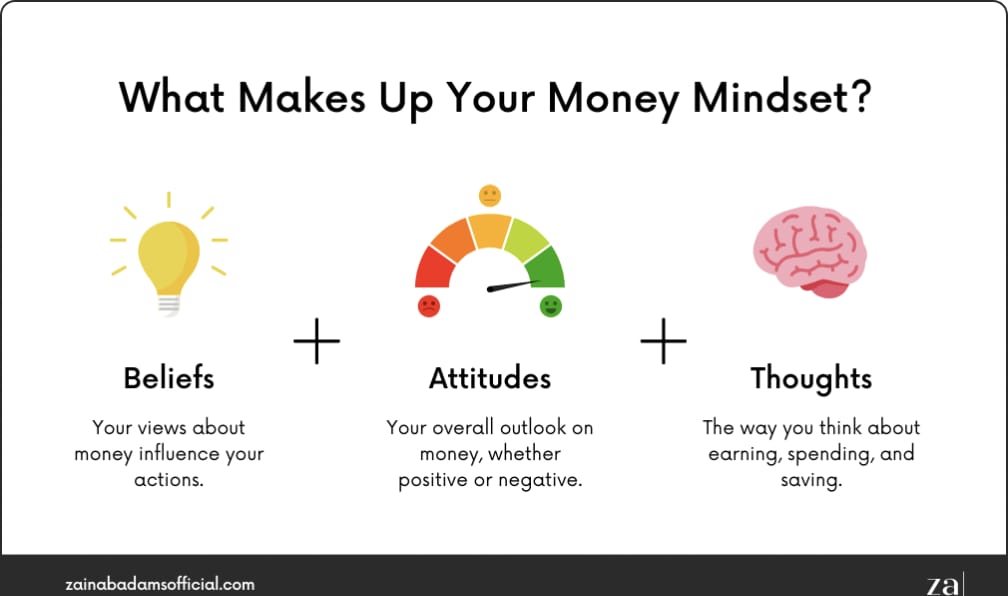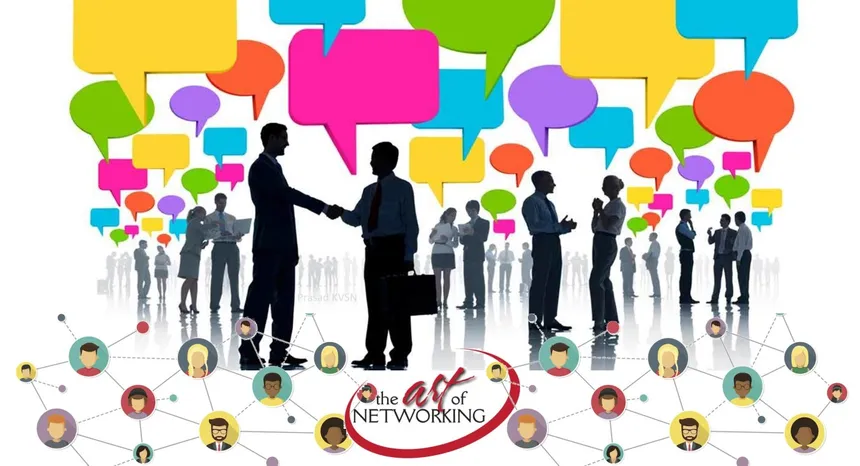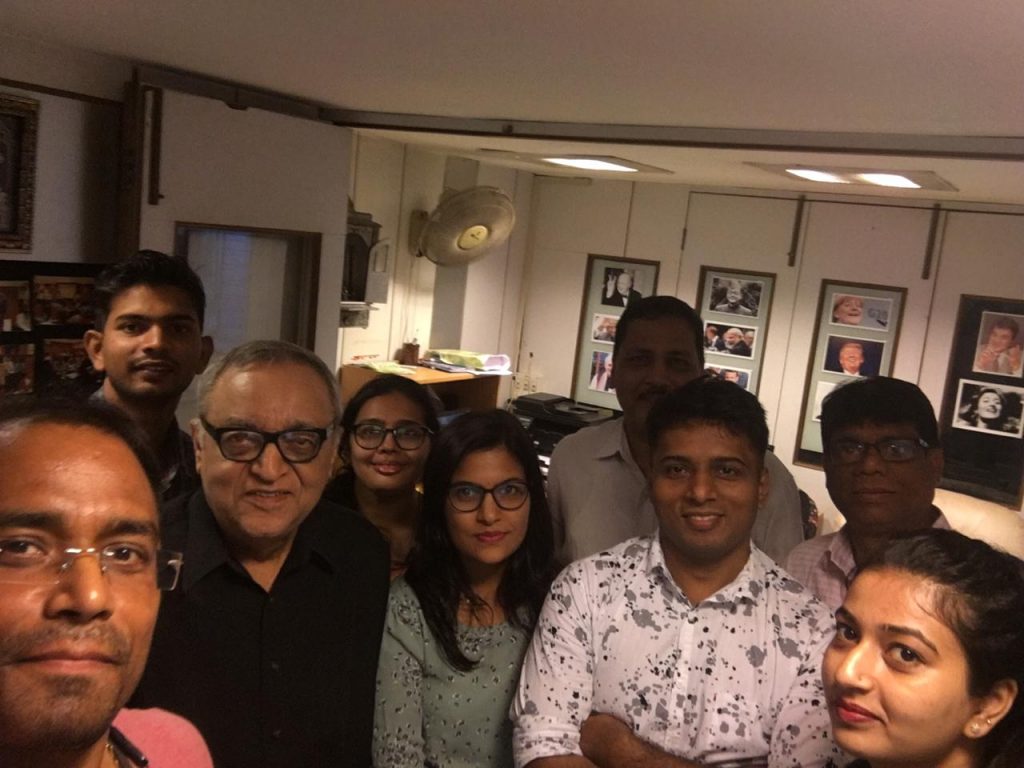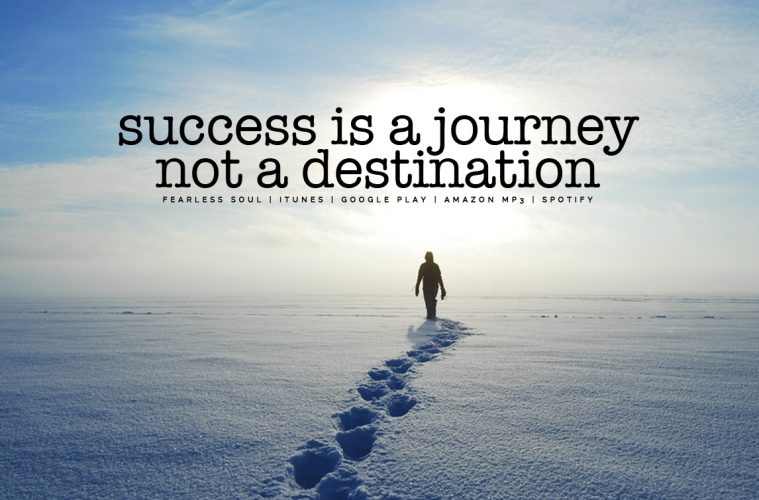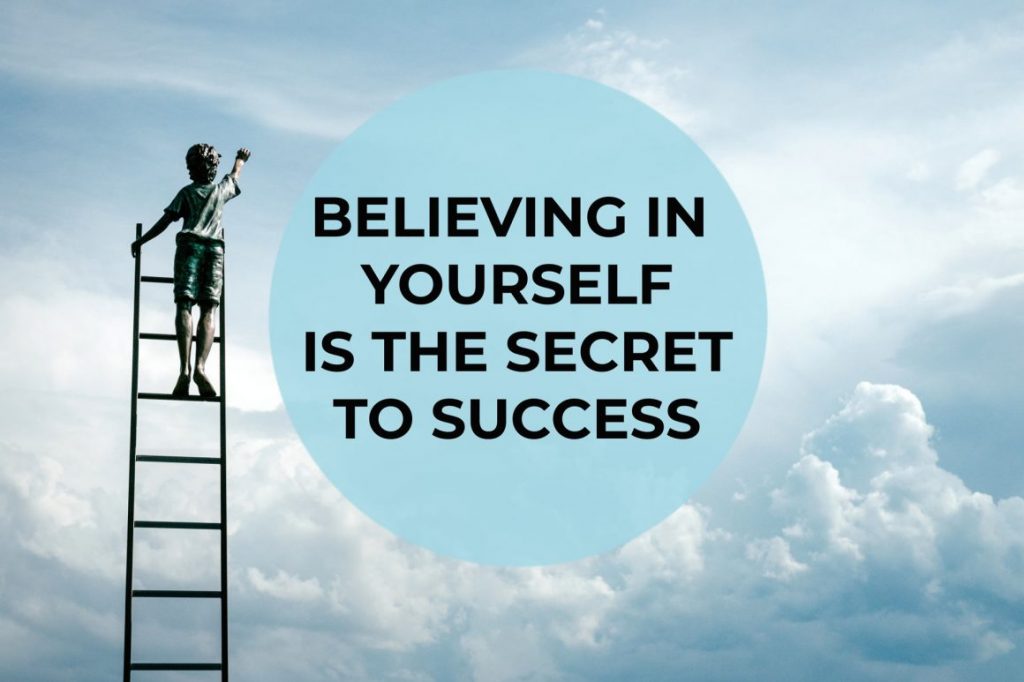Exciting News!
We’re thrilled to announce the launch of our brand-new newsletter!
Stay up-to-date with the latest news, insights, and exclusive content from Satish Kakri Our newsletter is packed with:
- Expert Tips: Get the inside scoop on Self Improvement and Growth from a seasoned pro.
- Behind-the-Scenes: Go behind the scenes of Startup to Unicorn and get a glimpse into the creative process.
- Exclusive Offers: Enjoy special discounts, promotions, and bundles available only to our newsletter subscribers.
- Community News: Stay informed about upcoming events, webinars, and workshops.
Join the Conversation!
Subscribe now and join our community of like-minded individuals who share your passion for Self Improvement and Growth.
Subscribe Now!

We Can’t Wait to Connect!
Looking forward to sharing our newsletter with you!

How to Launch a Newsletter: A Comprehensive Guide
Starting a newsletter is an excellent way to build a community, share valuable content, and establish authority in your niche. Whether you’re an individual, a business, or a creative professional, a newsletter can help you connect with your audience on a deeper level. Here’s a step-by-step guide to help you launch your newsletter successfully.
1. Define Your Purpose and Goals
Before creating your newsletter, clarify why you want to start it and what you aim to achieve. Ask yourself:
What is the purpose of this newsletter? (e.g., educate, entertain, inform, or promote)
Who is my target audience?
What topics will I cover?
What outcomes do I want? (e.g., increased engagement, brand awareness, or conversions)
For instance, if you are writing a newsletter on self-improvement and growth, your purpose might be to inspire readers to take actionable steps toward personal development.
2. Choose Your Niche
Your niche should align with your expertise and passion. A focused niche helps attract a dedicated audience. Examples include:
Health and wellness
Technology trends
Financial planning
Self-improvement
A well-defined niche ensures your content remains relevant and valuable to your subscribers.

3. Decide on the Format and Frequency
Determine how often you will send your newsletter (weekly, bi-weekly, or monthly) and its structure. A typical format might include:
A personalized introduction
The main content (articles, tips, or stories)
Links to additional resources
A call-to-action (CTA)
Consistency in frequency and format builds trust with your readers.
4. Select a Newsletter Platform
Choose a reliable platform to create and distribute your newsletter. Popular options include:
Substack: Ideal for content creators looking to monetize their newsletters.
Mailchimp: Great for businesses with advanced automation and analytics.
ConvertKit: Tailored for creators with built-in features like landing pages.
Evaluate platforms based on features, pricing, and ease of use.
5. Create a Content Plan
Outline the type of content you want to include in your newsletters. This could be:
Original articles or blog posts
Curated links to relevant resources
Tips, tricks, and hacks
Case studies or success stories
Plan your content at least a month in advance to maintain consistency and reduce last-minute stress.

6. Build an Email List
Your email list is the backbone of your newsletter. Here are strategies to grow it:
Create a sign-up form: Place it on your website or blog.
Offer incentives: Provide free resources (e.g., eBooks or guides) in exchange for email subscriptions.
Leverage social media: Promote your newsletter on platforms like Twitter, LinkedIn, and Instagram.
Collaborate: Partner with other creators or businesses to reach a broader audience.
Ensure your sign-up process complies with email marketing laws like GDPR and CAN-SPAM.
7. Design Your Newsletter
A visually appealing newsletter can increase engagement. Keep these design principles in mind:
Use a clean and professional layout.
Incorporate your brand colors, logo, and fonts.
Optimize for mobile devices.
Include clear headings and subheadings.
Many platforms offer templates, or you can design a custom template to reflect your style.
8. Craft Engaging Content
The success of your newsletter hinges on the quality of your content. Keep these tips in mind:
Be concise: Respect your readers’ time.
Add value: Ensure your content is relevant and actionable.
Use storytelling: Share relatable stories to captivate your audience.
Include visuals: Use images, charts, or infographics to break up text and maintain interest.
End with a CTA: Encourage readers to take the next step (e.g., visit your website, reply to your email, or share the newsletter).
9. Test and Optimize
Before launching your newsletter, send a test email to yourself or a small group to check:
Formatting and layout
Links and CTAs
Grammar and spelling
Load time on mobile devices
Gather feedback and make adjustments before the final send.

10. Promote Your Newsletter
Once your newsletter is ready, spread the word:
Social media: Post teasers and updates about your newsletter.
Website banners: Add a prominent sign-up call-to-action on your homepage.
Guest posts: Write articles on related topics for other blogs, including a link to your newsletter.
Networking: Share your newsletter in forums or online communities relevant to your niche.
11. Analyze Performance
After launching, monitor key performance metrics to gauge success:
Open rate: Percentage of subscribers who open your email.
Click-through rate (CTR): Percentage of readers who click on links.
Unsubscribe rate: Helps identify content or frequency issues.
Use these insights to refine your content and strategies.
12. Engage with Your Audience
Building a loyal readership involves two-way communication. Encourage engagement by:
Asking for feedback or topic suggestions.
Hosting Q&A sessions.
Highlighting subscriber stories or achievements.
Responding promptly to replies or queries.

13. Monetize Your Newsletter (Optional)
If monetization is your goal, consider these strategies:
Sponsored content: Collaborate with brands for paid promotions.
Affiliate marketing: Include affiliate links to relevant products or services.
Paid subscriptions: Offer premium content for a subscription fee.
Ensure any monetization efforts align with your brand and provide value to your audience.
14. Stay Consistent and Adapt
Consistency is key to building trust and maintaining interest. However, be flexible and adapt based on:
Reader feedback
Industry trends
Your evolving goals
Conclusion
Launching a newsletter is a rewarding endeavor that requires careful planning, engaging content, and consistent effort. By following these steps, you can create a newsletter that resonates with your audience, fosters a strong community, and achieves your objectives. Remember, success doesn’t happen overnight, but with dedication and persistence, your newsletter can become a valuable asset in your personal or professional journey.
https://www.linkedin.com/in/satish-kakri-executive-coach-author-17224417
Thanks for Reading.








